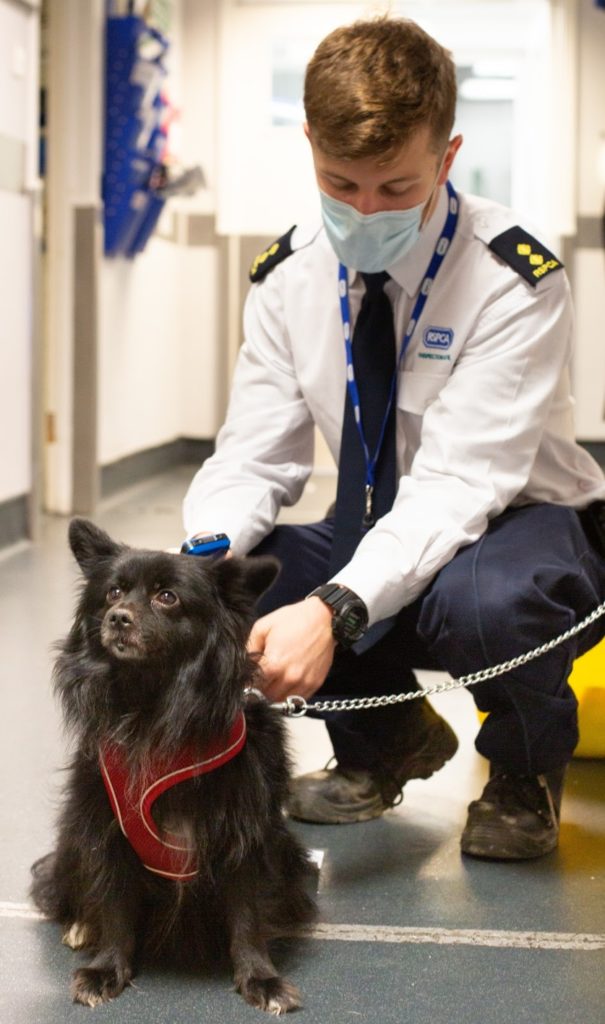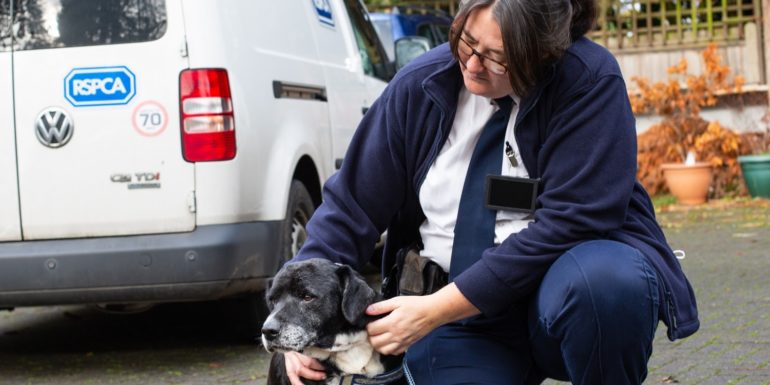Charity suspects the incidents are connected with a surge in pet thefts during the pandemic.
THE RSPCA has issued a warning to dog owners in England and Wales following reports of people impersonating the charity’s officers to gain access to dogs.
“We’re concerned that people may have been posing as RSPCA inspectors in order to snatch people’s pets, and that’s extremely worrying,” said deputy chief inspector Julie Fadden.
The charity understands there has been a surge in pet thefts over the past year because the value of many breeds has soared due to rising demand during lockdown.

Incidents have been reported via email and social media to different centres in London, Wales and Yorkshire. This has made it difficult to assemble detailed information, says Chris O’Brien, RSPCA Cymru public affairs and media manager.
In a typical incident someone impersonating an RSCPA officer would knock on a door or approach dog-walkers, suggesting that the dog is subject to a report of theft and that they need to take it away to scan the microchip or investigate further.
“Our staff can only access your property if you give them permission and can only see your pets with your approval,” emphasises Ms Fadden.
The charity says dog owners should be cautious and always check the identity of officers by asking to see their RSPCA ID cards and uniforms for branding.
“If you are at all concerned that someone isn’t who they say they are then you do not need to grant them access and you can call our hotline on 0300 1234 999 to check their credentials,” adds Ms Fadden.
If anyone suspects an individual has been impersonating an RSPCA officer, they should report the incident to the charity and the local police.
Extra precautions dog owners can take:
- Think about neutering your dog to protect him/her from thieves
- Ensure it is microchipped with up-to-date contact details registered
- Ensure it wears a collar with an ID tag or embroidered contact details
- Never leave it tied up outside shops or alone in cars
- Ensure it has a good recall
- Ensure it doesn’t stray too far when being walked off-lead
- Ensure gardens are secure with locked gates



